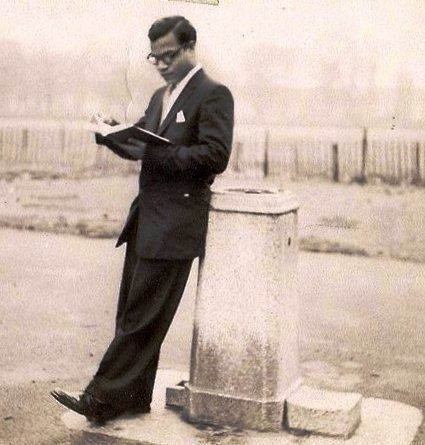Anomaly of Romance
"We've romanticised the idea of romance and it's cancerous" - Daniel Sloss
Romanticism evolved as an ideology in mid 18th century in the minds of poets, artists and philosophers and it has now conquered the world. Romanticism is deeply hopeful about marriage, it took marriage hitherto seen as practical and emotionally temperate union and fused it together with a passionate love story to create a unique preposition of life-long, passionate love marriage.
Romantics put a special premium on the idea that our partner might understand us without needing to say anything. Choosing a partner one must be guided by feelings rather than practical considerations. It has manifested a powerful disdain for practicalities and money. (It is almost unromantic to say that we married someone for their financial stability or our marriage was arranged by our parents).
Romanticism believes that true love is synonymous with accepting everything about some one even if it harms or demean us in anyway.
In medieval Indian society, romanticism was prevalent in form of mysticism (Sufism) or devotion (Bhakti). However, these were one of the forms of divine worship where God was considered as 'lover'.
Romanticism also defined gender roles in love where only 'man' was seen pursuing his 'lady love' and females generally playing a passive role. Majority of romantic literature portrays female as 'ultimate form of beauty' and they remain timid and submissive in love minding domestic affairs only.
Currently, the Indian popular culture is infected with ideas of romanticism in way which can be termed as 'regressive'. These notions of love, sometimes fanatic, is deeply imbibed in the psyche of an average indian youth which compels them to behave in unethical ways. ( Examples like acid attacks, jilted murders, stalking, black-mailing etc.)
Cinema has always been a primary influencer since its inception in India. Specifically, the cinema popular and prevalent in the 90s and early 2000s in India solely ran on the ideas of radical romanticism. (Majority of us grew in 90s consuming this kind of cinema)
The idea of romance in the 90s had hidden in itself evils like sexism, harassment , patriarchy, abuse, misogyny etc. (Examples in popular Hindi movie 'Dilwale Dulhaniya Le Jayenge', Raj played by Shah Rukh Khan clearly harasses Simran played by Kajol in order to get her attention when they are locked inside a train. Another one can be 'Tere Naam' a popular romantic movie in which 'Radhey' played by Salman Khan harasses, kidnaps, blackmails his love interest in every possible way to reciprocate his feelings.) Back at that time 'rape' scenes were deliberately added to the film and it was considered as 'entertainment'. ( Examples - Shakti Kapoor who majorly played rapist characters onscreen became a star)
Fortunately today, in the cinematic aspect this idea of romance has changed but it had evolved into something more 'millenial'. There are some movies like 'Tamasha' or 'Kapoor and Sons' or more recently ' ek ladki ko Dekha toh aisa laga' which deals with emotional insecurities under romanticism and even homosexual romance.
But the usual idea of 'dancing around trees' in random musicals still remains.
Romanticism had had devastating effects on ordinary people in leading a successful emotional lives. People believe the 'myths of romanticism' i.e we should meet a person with extraordinary beauty and they'll definitely be attracted to us as we are to them, we should constantly spend time with each other without work getting in way, raise a family without a loss of sexual or emotional intensity etc.
By carrying these pre-conceived notions of romance we tend to lead ourselves to emotional disaster.
To conclude, what we need today is a post-romantic theory of love which has enough space for freedom, practicality, dignity, respect, effective communication, financial planning, acceptance and even difference of sexual preferences.
Homosexual love should be accepted, women should not be told to 'adjust' into a marriage with an immoral man on the other hand man should drop the perception of 'beautiful' they possess after watching Bollywood cinema. Divorce shouldn't be an issue because marriage is a mutual contract rather than a life-long/heavenly bond.
This new approach to romance might act as the saviour of love/companionship we are constantly lacking in our lives because real life begins right after the reel stops rolling.




Comments
Post a Comment